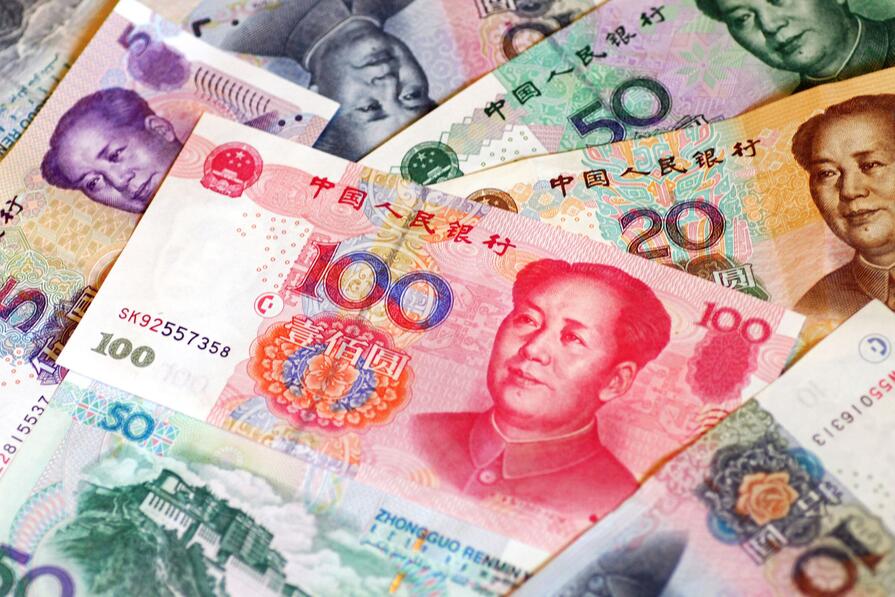China's economic transformation has deeply impacted both the lives of Chinese and people around the world. Since China's entrance into the World Trade Organization in 2001, which gave it greater access to foreign markets, capital, and technology, China's GDP per capita has risen by almost 1200%. Global manufacturing shifted to China, reengineering supply chains. Producers have been challenged and consumers and investors rewarded. Income and wealth inequality have widened, particularly between rural and urban China. Now, China's Belt and Road Initiative aims to cement China's economic leadership. Eager to raise the birth rate, China's leaders aim to reduce the costs of child-rearing. China's become a leader in video gaming, but the state (and parents) fret about the time kids spend on it.
Since its inception, the USC U.S.-China Institute has tracked the economics of China's rise and China's economic ties with the U.S. and others. Some of this work is curated below. Key issues and forecasting hits and misses are all included. Videos are available from our website and our YouTube channel.
Conferences
 China: Finding Solutions (2018)
China: Finding Solutions (2018)
The gathering focused on the work of individuals, companies and NGOs addressing challenges such as poverty alleviation, housing and care for the elderly.
 The China Card: Politics vs. Policy (2016)
The China Card: Politics vs. Policy (2016)
On election eve, we examined China in American politics and policies toward China, including topics such as trade and economic dislocation.
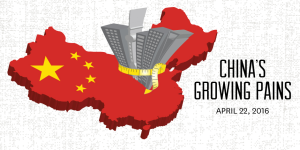 China’s Growing Pains (2016)
China’s Growing Pains (2016)
USCI looked at how China was coping with the strain its rapid growth placed on its balance sheets, environment, neighbors.
 The State of the Chinese Economy (2011)
The State of the Chinese Economy (2011)
The gathering examined the rise of China's economy, looking at issues of government debt, inequality, migration and social mobility.
 The Future of U.S. – China Relations (2007)
The Future of U.S. – China Relations (2007)
USCI's inaugural conference included panels on China's uneven development as well as energy and environmental challenges.
Documentaries
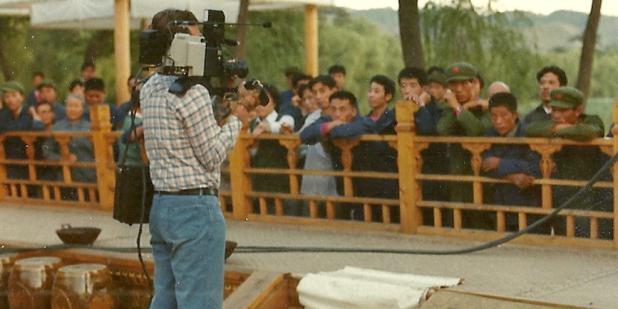 Assignment: China (2009-2015)
Assignment: China (2009-2015)
Our series focuses on the journalists covering China's transformation, including the accummulation of wealth by leading families.
 The Thaw (2011)
The Thaw (2011)
This two part film looks at the economics-led rapprochement between China and Taiwan.
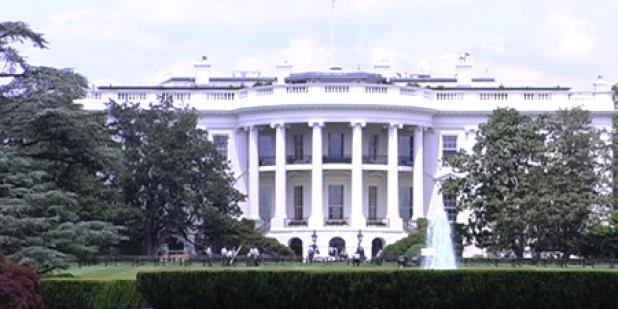 Election ’08 And The Challenge Of China (2008)
Election ’08 And The Challenge Of China (2008)
This film examines the assessments and policy positions of Senators McCain and Obama on a variety of issues.
Presentations
 Barry Naughton on China's Economic Rise (2021)
Barry Naughton on China's Economic Rise (2021)
Economist Naughton evaluates what he and his colleagues got right and what surprised them about Chinese economic policies and outcomes over the past four decades.
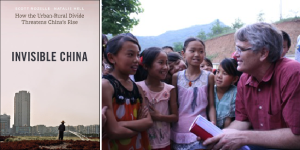 Scott Rozelle on China's Urban-Rural Divide (2021)
Scott Rozelle on China's Urban-Rural Divide (2021)
Economist Rozelle looks at the gap between urban and rural China and argues the education deficit could derail China's economic advance.
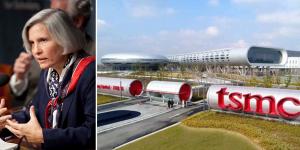 Shelley Rigger on Taiwan's Role in China's Economic Rise (2021)
Shelley Rigger on Taiwan's Role in China's Economic Rise (2021)
Political scientist Rigger tells of the key role Taiwanese firms played in changing business practices and building supply chains.
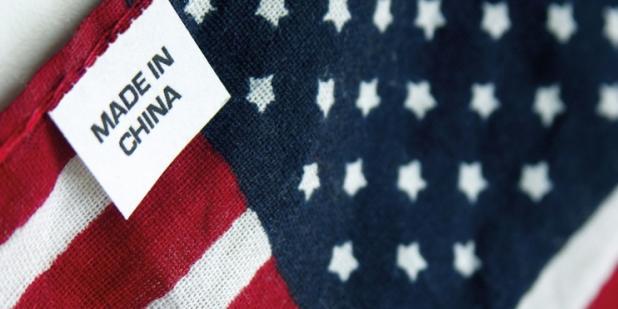 Eric Heikkila Looks China From A U.S. Policy Perspective (2021)
Eric Heikkila Looks China From A U.S. Policy Perspective (2021)
USC's Heikkila examines how China's rise changes the context in which American policymakers and departments assess options and draw up plans.
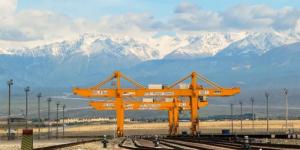 Panel Discussion on China’s Belt and Road Initiative in Action (2021)
Panel Discussion on China’s Belt and Road Initiative in Action (2021)
Our panel probed the impact of China's Belt and Road Initiative in Southeast and Central Asia.
 What’s Next In The US-China Economic Relationship? (2020)
What’s Next In The US-China Economic Relationship? (2020)
A look at U.S. policy options on the eve of the 2020 presidential election.
 Superpower Showdown: Inside the Trade War (2020)
Superpower Showdown: Inside the Trade War (2020)
Reporters Davis and Wei reveal the internal political debates over the confrontation and examine the consequences of the conflict for producers and consumers.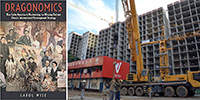 Carol Wise: What has Chinese Trade and Investment Meant for Latin America? (2020)
Carol Wise: What has Chinese Trade and Investment Meant for Latin America? (2020)
Dragonomics from USC's Wise examines how the countries of Latin America are maximizing or missing out on Chinese opportunities.
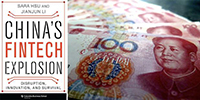 China's FinTech Explosion (2020)
China's FinTech Explosion (2020)
Economist Sara Hsu and venture capitalist Wanli Min discuss risks and rewards stemming from China’s financial-technology industry.
 Michael Dunne: American Wheels, Chinese Roads (2019)
Michael Dunne: American Wheels, Chinese Roads (2019)
Longtime auto industry consultant Dunne tells the story of General Motors' efforts to succeed in China.
Other presentations look at economic growth and environmental protection, venture capital in China, the Trump-launched trade war, Chinese investment in California, the country's prospects after decades of growth, the video game industry (1 | 2), media entrepreneurship, China's government and its high tech industries, debt challenges, Chinese inroads into Southeast Asia (1 | 2), China's talent recruitment programs, migrant labor and China's rise, the film industry and China (1 | 2 | 3), labor unrest (1 | 2 | 3), the recycling industry (1 | 2), the rise of Huawei, Alibaba and ecommerce, how one family business evolved over the course of the 19th and 20th centuries and links between culture and investing.
Podcasts
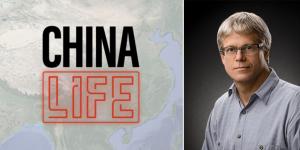
Covering China’s Economic Boom: Dexter Roberts
A boy in Montana determined to learn Chinese, Roberts eventually became Businessweek correspondent in China. For two decades he explored how government policies affected everyday people. His The Myth of Chinese Capitalism, tells the story of China’s migrant workers.
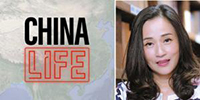 Holding China Accountable: Lingling Wei
Holding China Accountable: Lingling Wei
Wei's grandfather was an aide to Mao Zedong for 13 years. She became a Wall Street Journal correspondent, covering China's economic development and its rivalry with the United States. Until she was expelled.
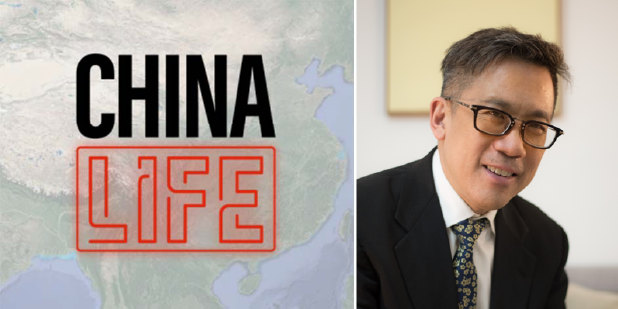 Starting China's Startups: Andy Mok
Starting China's Startups: Andy Mok
The son of Hong Kong immigrants, Mok left New York to find China on the cusp of a tech boom. To help fill the entrepreneurship knowledge gap, he started Beijing Tech Hive, the first weekend startup bootcamp in China.
Newsletters
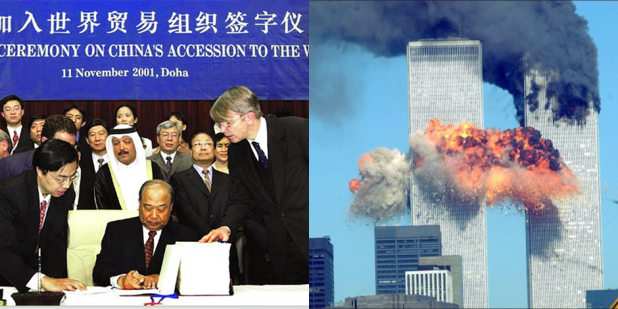 Twenty Years Later
Twenty Years Later
2001 saw the 9/11 assault and China enter the World Trade Organization. Our charts show how the U.S. and China have changed since then.
 U.S. & China Trade With G7 Members
U.S. & China Trade With G7 Members
This infographic compares U.S. and Chinese trade with G7 member countries.
 State Exports to China
State Exports to China
China is the third-largest market for U.S. goods and services. Maps illustrate which states have the strongest economic ties to China.
 Wealth & Inequality in the U.S. and China
Wealth & Inequality in the U.S. and China
Prior to the pandemic, more Chinese were doing better economically than in 2000. But the wealthy, as in the U.S. had advanced faster. The gap between rich and poor in both countries is huge.
 Trading Blocs
Trading Blocs
This set of infographics looks at the Comprehensive and Progressive Agreement for Trans-Pacific Partnership (CPTPP) and the Regional Comprehensive Economic Partnership (RCEP) and at American and Chinese trade with each group.
Other newsletters explore the revenues of top companies such as Tencent and Alibaba, China's domination of the musical instrument market, the ban on cryptocurrency mining and trading, China-Taiwan economic ties, the importance of China to Hollywood, commercial space ventures, income taxes, corporate social responsibility and more.
Documents
USCI has collected a number of reports and policy statements from the US and PRC governments.

